
Foreign Minister Hakan Fidan delivered sharp criticism of U.S. foreign policy toward Israel, arguing that American patriots increasingly believe the United States prioritizes Israeli interests over its own stated "America First" principles during a detailed television interview addressing the ongoing Middle East crisis.
Speaking on Türkiye’s TGRT News program with Türkiye Daily General Publication Coordinator Yucel Koc and columnist Sevil Nuriyeva, Fidan suggested that Washington's unconditional support for Israel contradicts the values America promotes globally and significantly damages U.S. international prestige, raising questions about the implementation of patriotic policies that helped secure Donald Trump's recent electoral victories.
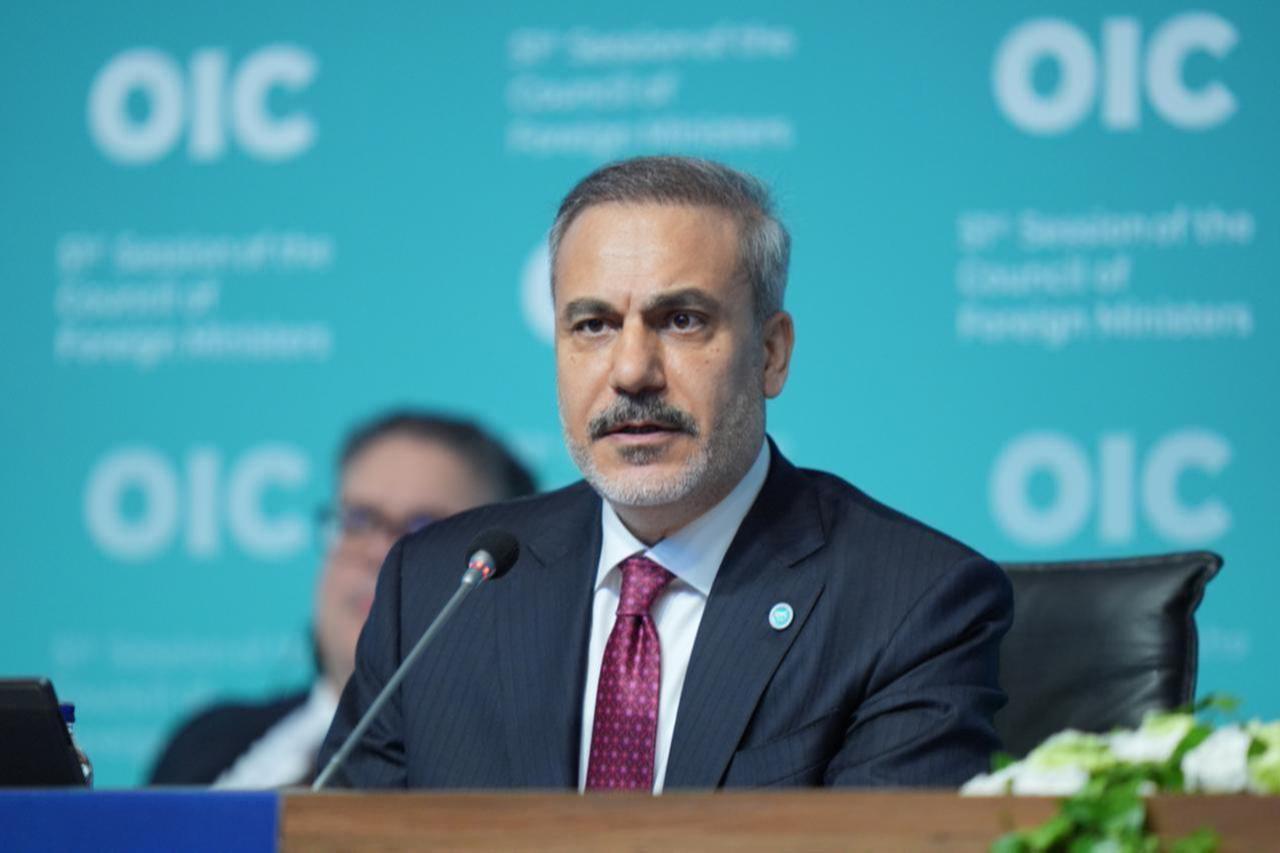
"America has become the unconditional defender of a country that tramples on every value America has declared to the world," Fidan said during the extensive interview.
Türkiye's top diplomat noted specifically that the "situation tremendously undermines America's international prestige, and Americans who think clearly and are truly American patriots believe that while they always say 'America first,' it's actually 'Israel first, not America first.'"
The Turkish diplomat's critique comes as Trump's "America First" framework, which proved instrumental in his 2016 victory among working-class voters in industrial Midwest states and again in his decisive 2024 win with 312 Electoral College votes, faces scrutiny over its application to Middle East policy. Trump's patriotic approach, emphasizing protectionist trade measures and reducing military engagements abroad, resonated with voters who felt neglected by globalization and establishment policies.
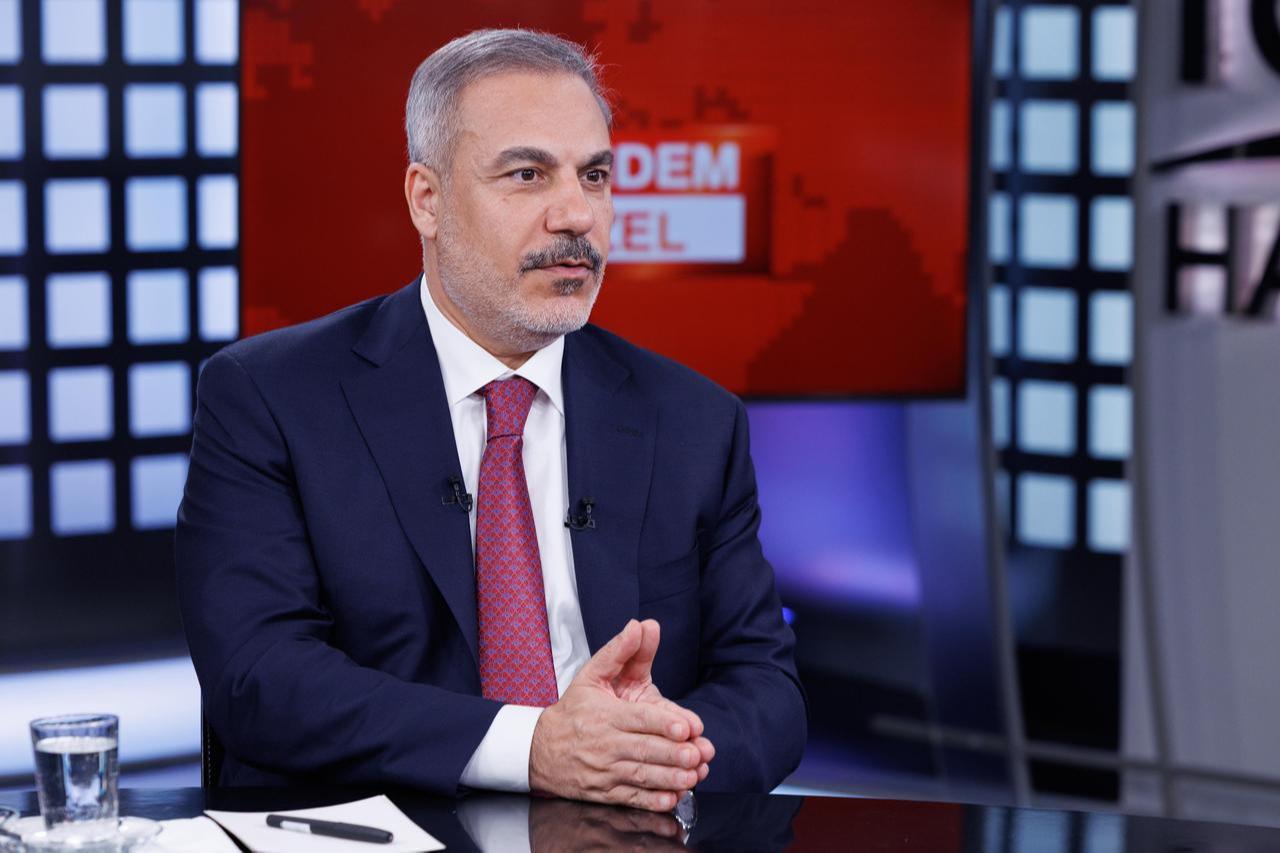
Fidan argued that the constructed political system in the United States forces political figures to surrender unconditionally to pro-Israel ideology, seemingly contradicting the populist nationalism that helped Trump flip key swing states like Michigan, Pennsylvania, and Wisconsin from Democratic to Republican control. He emphasized that while the U.S. is no longer openly defending all Israeli actions, Washington fails to use its significant leverage to restrain Israeli behavior despite possessing the most effective pressure tools.
The foreign minister characterized the Palestinian situation as extending beyond a regional conflict, describing it as fundamentally different from other global disputes that don't generate the same level of international attention. "The Palestinian issue is not like conflicts continuing in other parts of the world," he said. "While human dramas, hunger, and conflicts occur elsewhere, we often don't see the helplessness that humanity has fallen into regarding the Palestinian issue."

The foreign minister provided extensive historical context for the current situation, tracing its roots to the aftermath of World War II and the Holocaust. "The world faced a mechanism that transformed the pain there into someone else's pain after the genocide Hitler carried out," Fidan explained, suggesting that the illusion created from that historical tragedy and the privileges derived from it are now being systematically dismantled.
He emphasized that the Palestinian issue did not emerge recently but has deep historical foundations, noting that the world now faces the consequences of this long-standing problem. Fidan predicted that the Palestinian issue would continue to occupy the Arab world and broader region for many years to come, making every diplomatic step taken today crucial for eliminating the problem's fundamental components, even if immediate solutions aren't readily apparent.

The critique gains additional significance given Trump's successful mobilization of voters frustrated with traditional foreign policy approaches. Trump's 2024 campaign, which expanded his appeal to include working-class Hispanics, Blacks, and union workers concerned about inflation and immigration, promised to prioritize domestic issues over international commitments under his “America First” policy. His platform, which included imposing tariffs on imports, implementing mass deportations, and reducing foreign aid to focus on domestic priorities, helped secure victories in all seven battleground states.
Under President Recep Tayyip Erdogan's leadership, Fidan said, Türkiye has made significant progress on the Palestinian issue, helping to dispel what he described as the "illusion" of Israeli untouchability. He noted that many countries, including European nations, now express opposition to Israeli policies where they previously remained silent to avoid offending Israel, suggesting a broader shift in international opinion that contrasts with continued U.S. support.
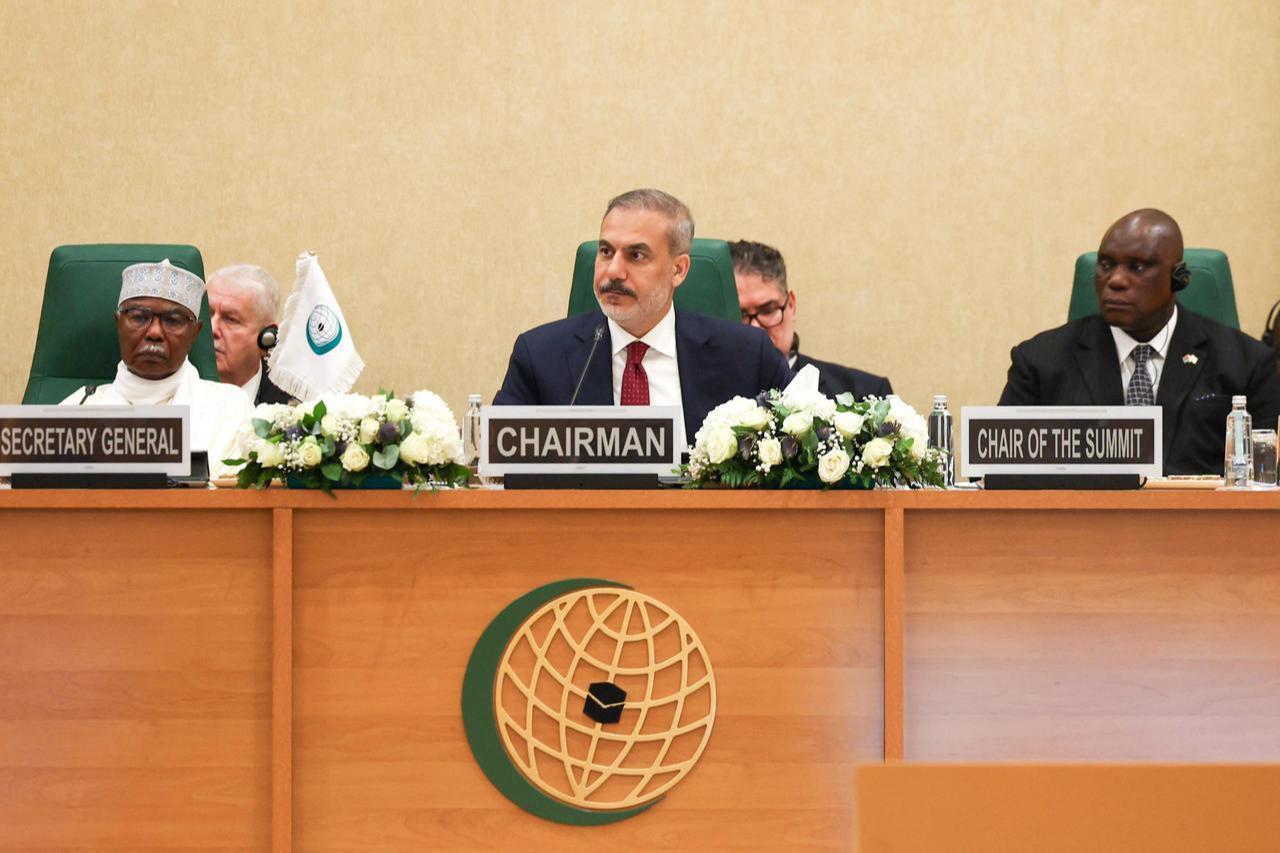
Fidan detailed extensive ongoing diplomatic efforts, including the formation of a contact group comprising seven countries, including Türkiye, established through joint summits of the Organization of Islamic Cooperation (OIC) and the Arab League following what he termed systematic genocide. He emphasized that Arab countries are also making substantial efforts comparable to Türkiye's diplomatic initiatives across multiple international forums.
The foreign minister's comments highlight a potential contradiction in Trump's patriotic agenda, which attracted voters seeking to reduce American involvement in foreign conflicts while promising to end "endless wars" abroad. Trump's approach has historically emphasized skepticism of NATO and other international alliances, positioning him as one who fights against foreign interventions that drain U.S. resources.

The foreign minister specifically referenced the OIC’s extraordinary meeting held in Jeddah, arguing that Islamic countries should fundamentally redirect their approach toward influencing the United States rather than applying direct pressure on Israel. "Islamic countries need to use their influence on America, not pressure on Israel, so that something can be produced from there," Fidan stated, suggesting a strategic shift in diplomatic focus.
He cited Saudi Arabia's 1974 oil embargo as a historical precedent for effective economic pressure, explaining how such measures fundamentally altered global power dynamics. "Saudi Arabia started implementing a petroleum embargo just for this reason in 1974, and suddenly the equation changed in the world," Fidan said. "At that time, certain economic arrangements and political arrangements came into play again in the region. These countries did this in their past, tried it, fought for it, and paid the price for it."
This historical reference resonates with Trump's broader economic nationalism, which included renegotiating trade agreements and imposing tariffs to protect American interests. However, Fidan's suggestion that similar economic pressure should target the United States raises questions about how such patriotic policies might conflict with traditional alliance relationships.
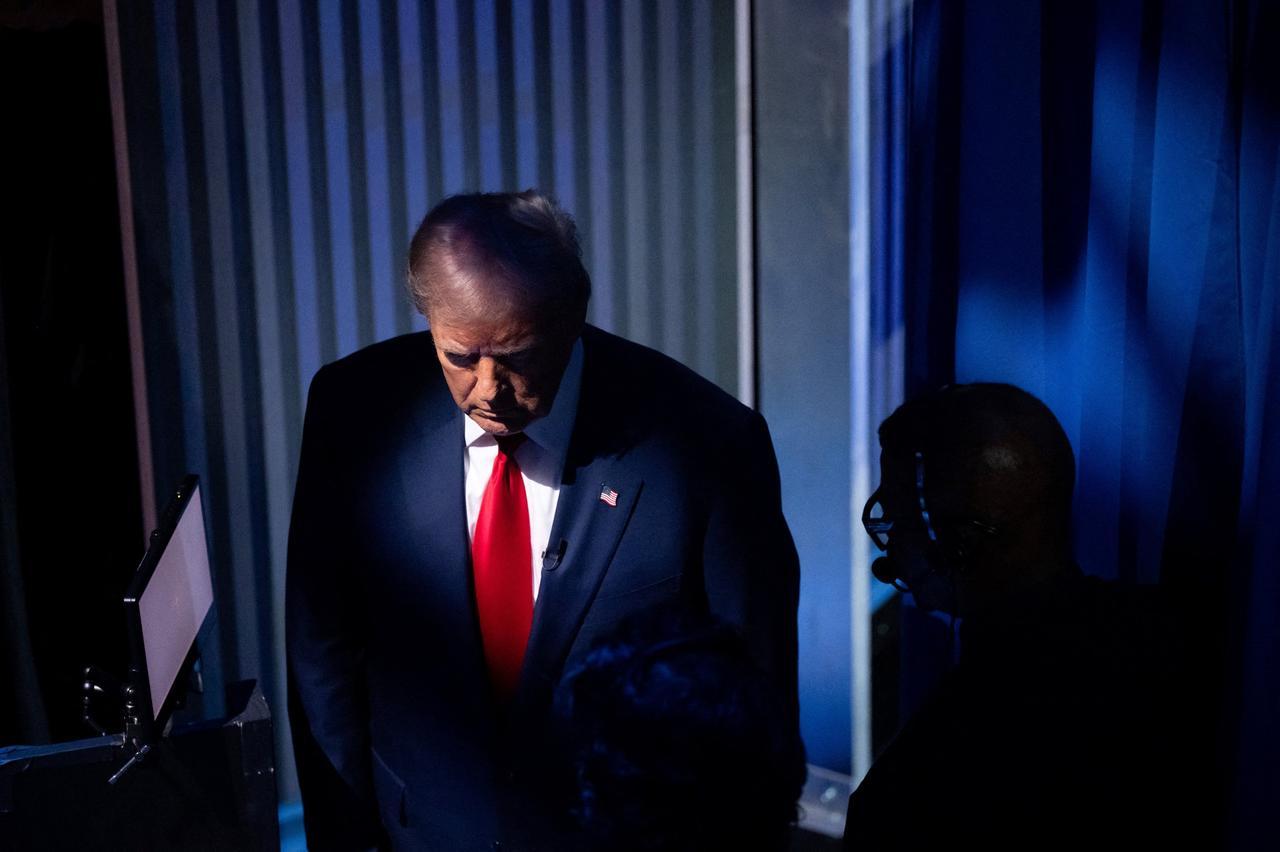
Fidan emphasized that Israeli expansionism has become "very clear and distinctly apparent," stressing that regional countries must take serious coordinated measures while urgently addressing the immediate humanitarian crisis in Gaza. He described Israeli Prime Minister Benjamin Netanyahu's government as one that "does not recognize any humanitarian, moral, legal values and priorities," suggesting a complete breakdown in diplomatic norms.
The foreign minister underscored that Israel uses security concerns as justification to obtain more territory, while the international community demands equitable outcomes for both Israel and Palestine. He argued that the current situation represents a systematic genocide and called for immediate international action to stop what he described as deliberate starvation in Gaza.
Trump's electoral success in 2024, driven partly by anti-incumbent sentiment against the Biden-Harris administration and concerns over inflation and immigration, positioned him as a change candidate advocating for American-centric policies over internationalism. However, Fidan's critique suggests that traditional Middle East policy continues regardless of campaign rhetoric, creating potential tensions within Trump's MAGA coalition.
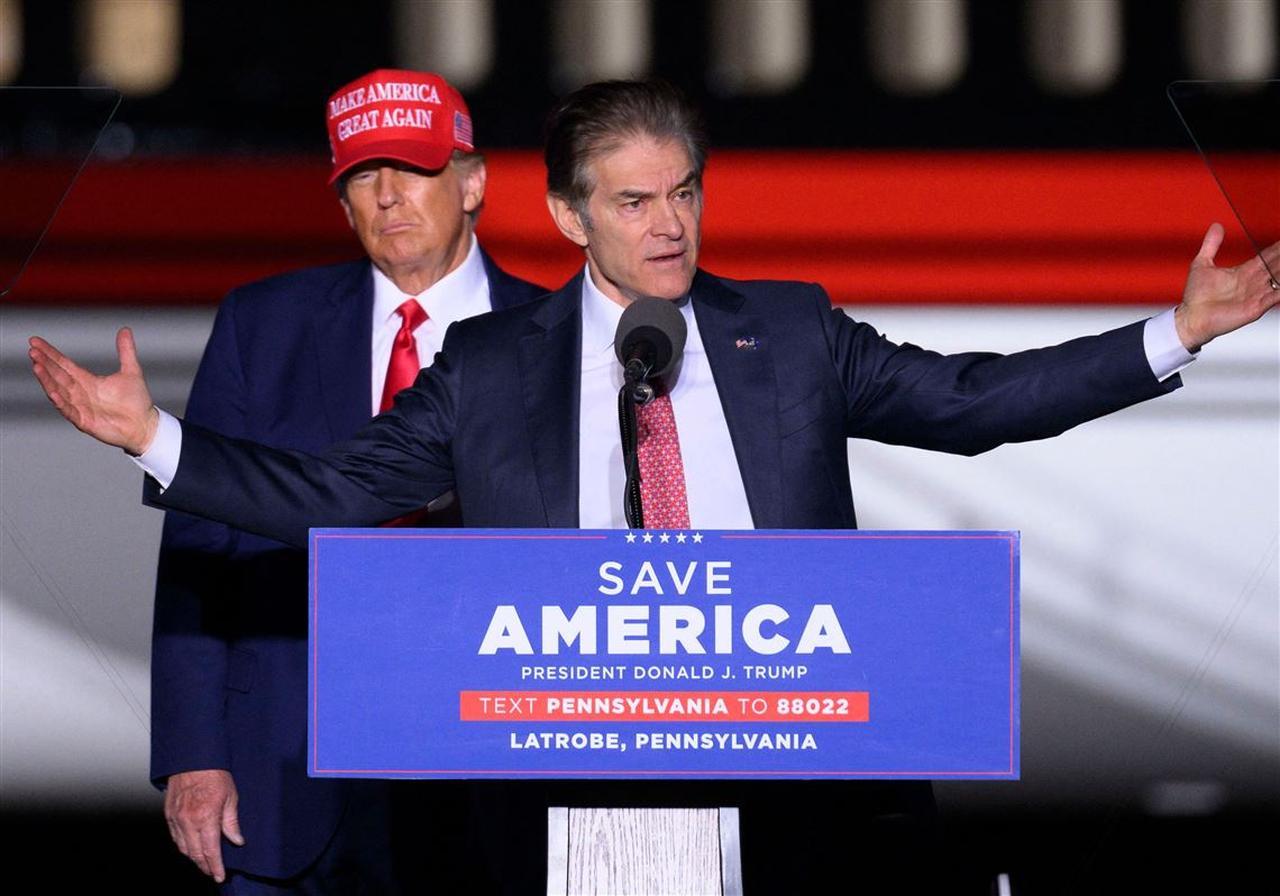
The foreign minister's extensive remarks come as Türkiye positions itself as one of Israel's most vocal international critics amid growing global debate over the consistency of U.S. Middle East policy. His comments specifically challenge the core messaging of American patriotic rhetoric that proved electorally successful, suggesting that America's foreign policy priorities fundamentally contradict stated commitments to American interests first.
Trump's "America First" approach helped mobilize disaffected voters who saw it as directly addressing their economic anxieties, contributing to a six-point swing from 2020 results. However, Fidan's critique implies that foreign policy implementation may not align with campaign promises that resonated with voters seeking reduced international entanglements.
The foreign minister concluded by emphasizing the need for sustained international diplomatic efforts, telling colleagues that "we must continue doing everything we can in the international arena with our partners without stopping until the end," while calling for immediate measures to address the humanitarian crisis and long-term strategies to counter what he characterized as systematic regional destabilization efforts.